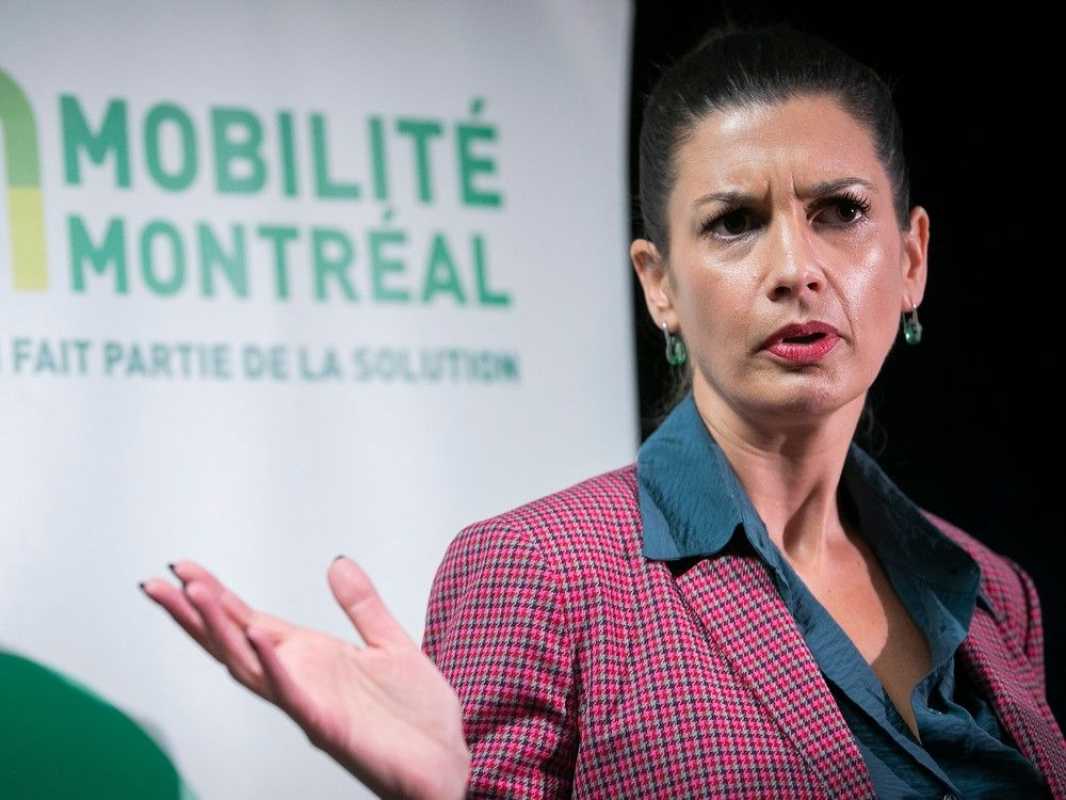Politics
Quebec Government’s Mobility Consultation Questioned by Experts and Politicians

The Quebec government’s initiative to consult the public on mobility in the regions of Capitale-Nationale and Chaudière-Appalaches has been met with skepticism from experts and politicians alike. While the Caisse de dépôt et placement du Québec is already examining the issue, concerns have arisen regarding the relevance and methodology of the consultation.
Fanny Tremblay-Racicot, a professor in regional and municipal administration at the École nationale d’administration publique (ÉNAP), has questioned the value of the exercise, labeling it as more of a survey rather than a genuine consultation. She argues that asking residents whether projects like the third link or the structured network will improve their transportation conditions is not a matter of opinion, but rather a question of fact.
Bruno Marchand, the Mayor of Quebec, and Pascal Paradis, the Member of the National Assembly for Jean-Talon, also express doubts about the methodology and relevance of the consultation. Paradis criticizes the biased choice of responses in the questionnaire, highlighting the government’s potential agenda.
Following the government’s defeat in the by-election in Jean-Talon, Premier François Legault had promised this consultation, suggesting it was necessary due to political considerations. However, politicians such as Pascal Paradis liken the government’s approach to waking a dormant monster, referencing the contentious issue of the third link project.
The questionnaire, titled ‘Public Consultation on Mobility in the Regions of Capitale-Nationale and Chaudière-Appalaches’, is available online until March 22nd. Despite the government’s assertion that the results will inform future transportation decisions, critics question the timing and relevance of the exercise.
The consultation, prepared by the Ministry of Transport and Sustainable Mobility and the firm SOM, has drawn criticism for its limited scope and lack of concrete options for public feedback. The absence of certain key terms, such as ‘tramway’, has also raised eyebrows among experts and politicians involved in the transportation debate.
Overall, the consultation has sparked a debate on the effectiveness of public engagement in transportation planning and decision-making in the regions of Capitale-Nationale and Chaudière-Appalaches.












